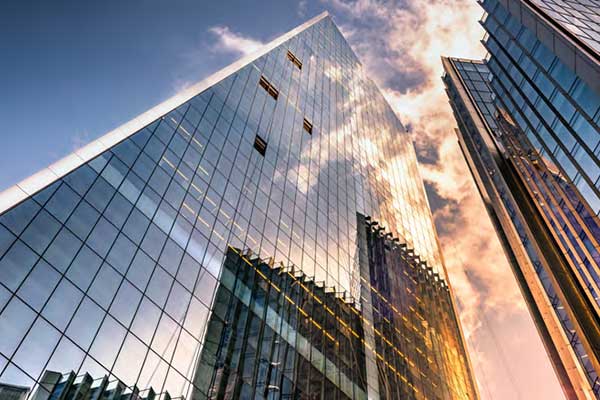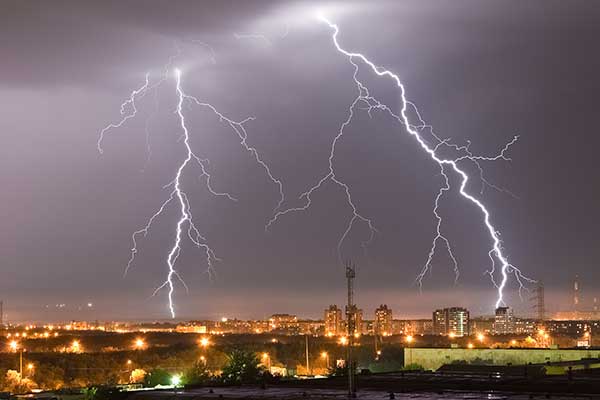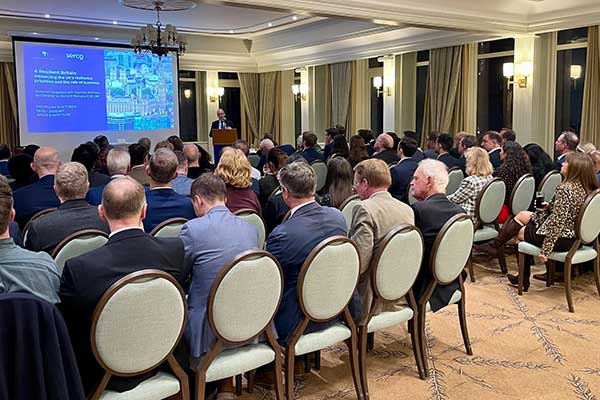Last week the team at Resilience First, along with a selection of our Champion Members took part in the IPCC SUP Global Dialogue Convening, contributing to future climate action for urban investment worldwide.
Tony Travers, Director of LSE London ended the forum with a thought-provoking speech which highlighted how the increasingly unpredictable climate presents a real test for all cities.
Climate change is a reality and clearly more cities are now subject to warmer temperatures – in London record temperatures have been recorded this summer. This means challenges for all cities but particularly those such as London, which have historical infrastructure. But history teaches us that cities can learn from shocks and stresses and can build back stronger. London has several historical examples of this. The Great Fire in 1666 led to a move away from wooden structures to more-enduring stone. The 1953 North Sea floods led to the proposal for a Thames Barrier. The new shocks and stresses for London from climate change will test our economic growth capability, but already we are seeing measures being put in place to counteract the effects of a hotter climate. These include further greening of the city, often built from existing policy, such as incentivising private developers to create more green space.
Of course, it is a long-term process to make the physical infrastructure in cities like London more resilient to a changing climate and we need to consider the social and economic consequences too. For example, green space development is fine for new buildings but what about existing ones? A failure to improve older environments, particularly in impoverished areas, would lead to a widening of social inequality and a resulting reduction in the resilience of a city. The buy-in of the public and political leadership are essential components in this, and balanced communication of the benefits – as well as the costs of climate mitigation and adaptation measures is critical in persuading and the acceptance of measures.
Cities are working on becoming more climate resilient and this trend will continue to develop over the next 20-25 years. A combination of technology, innovation and behavioural change is needed to achieve cities decarbonisation as detailed in our whitepaper ‘Decarbonisation and the role of technology’ looking at four techniques (i.e. adaptation, renewables, energy efficiency and carbon capture) in an effort to achieve net-zero targets.
Among the challenges to driving a climate change agenda across cities are: predicting when issues may occur, institutional/political barriers, maintaining public engagement (not just during times of crisis), clearer communication of academic research, and a need for balanced message including optimism and persuasion.
To overcome some of these issues, IPCC SUP’s upcoming four-volume series will turn the latest scientific data on climate change from the UN’s international panel of scientists into an accessible and succinct piece which will guide cities and businesses with their future urban investments.
If your business would like to help frontline communities to build resilience and adapt to the impacts of climate change, such as extreme heat, drought, flooding and sea-level rise, Resilience First is now offering our business members the unique opportunity to become recognised leading players in contributing to a better, safer world, through partnership of the UNFCCC’s Race to Resilience Campaign.
The campaign aims to build global resilient communities, and partnership includes pledging to certain commitments which would minimise businesses’ risk whilst evolving their climate resilience plans.
Learn more about Race to Resilience. Pledge here.



